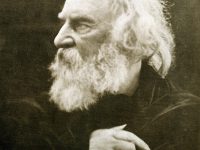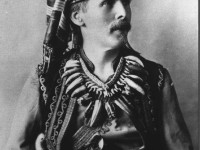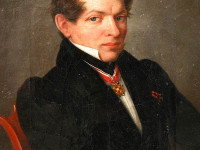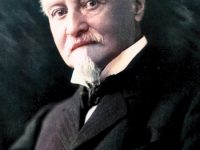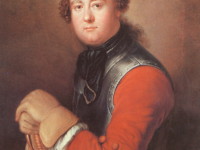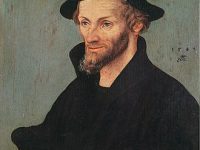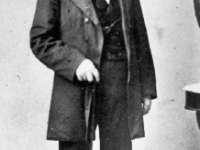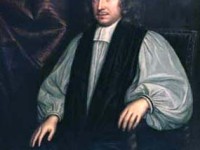The Lyric Poems of Henry Wadsworth Longfellow
On February 27, 1807, American poet and educator Henry Wadsworth Longfellow was born. He was the first American to translate Dante Alighieri‘s Divine Comedy.[1] Longfellow wrote many lyric poems known for their musicality and often presenting stories of mythology and legend. He became the most popular American poet of his day and had success overseas. “It was the schooner Hesperus, That sailed the wintry sea; And the skipper had taken his little…
Read more

